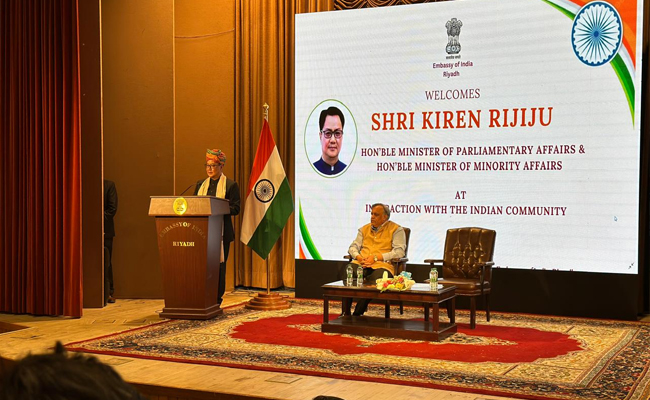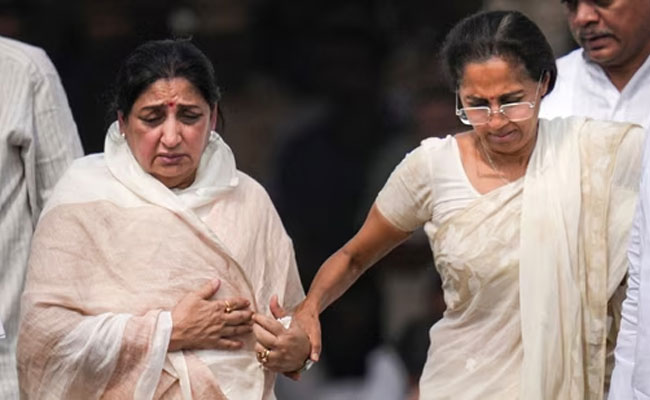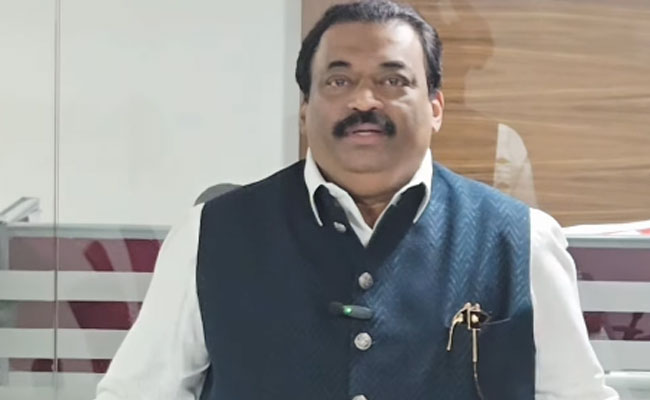Riyadh: The Indian Embassy in Riyadh hosted an Indian Community Interaction Program on January 11, 2025, at its auditorium in the Diplomatic Quarter. The event, attended by Union Minister for Parliamentary and Minority Affairs Shri Kiren Rijiju, brought together Indian community members, embassy officials, and dignitaries.
Minister Rijiju was welcomed with a traditional Himachali cap and shawl, symbolising India's cultural richness. Indian Ambassador to Saudi Arabia, Dr. Suhel Ajaz Khan, shared the stage with the Minister.
In his address, Rijiju highlighted the growing strategic partnership between India and Saudi Arabia, emphasising the importance of strengthening bilateral ties in trade, education, technology, and culture. He recognised the contributions of the 2.6 million Indians in Saudi Arabia and their role in enhancing the relationship between the two nations.
A significant part of the Minister's speech focused on the preparations for Hajj 2025. He announced an increase in the Hajj quota for Indian pilgrims and outlined new measures to improve the experience for elderly pilgrims, women, and others. These efforts include enhanced travel, accommodation, and healthcare facilities in collaboration with Saudi authorities, ensuring a smoother and more comfortable pilgrimage.
Rijiju also touched on India's rising global stature, noting how India has transformed into a global center of power, with strong ties to nearly every nation. He expressed pride in the positive shift in global perceptions of India and its people.
The Minister commended the Indian Embassy in Riyadh and the Consulate in Jeddah for their exceptional work, particularly in managing one of the busiest workloads among Indian missions worldwide, including processing around 600 passports daily. He also praised the Embassy's active involvement in promoting bilateral relations.
The evening featured cultural performances by students from Indian International Schools in Riyadh, showcasing India's diverse linguistic and cultural heritage. Rijiju expressed appreciation for the students' performances, highlighting the importance of respecting all Indian languages.
The event concluded with the distribution of prizes to competition winners, leaving attendees inspired by their shared cultural roots. Dinesh Setia, First Secretary at the Indian Embassy, served as the master of ceremonies, ensuring the smooth flow of the program.
The Indian community in Riyadh expressed their gratitude to Rijiju for his inspiring vision and the Embassy for hosting a memorable evening.
(Inputs from Dr. & Adv. P.A. Hameed Padubidri, Riyadh)














Let the Truth be known. If you read VB and like VB, please be a VB Supporter and Help us deliver the Truth to one and all.
Mumbai (PTI): NCP's Rajya Sabha member Sunetra Pawar will be sworn-in as the Deputy Chief Minister of Maharashtra, replacing her deceased husband and party chief Ajit Pawar, at the Lok Bhavan here at 5 pm on Saturday.
Lok Bhavan (formerly Raj Bhavan) gave this information.
Governor Acharya Devvrat, who is currently in Mussoorie, will arrive in Mumbai at 4 pm, it said.
NCP's legislature party meeting is scheduled to take place in the city at 2 pm, where Sunetra Pawar is set to be named as its leader. After that she will take oath as the first woman deputy CM of the state.
She held talks with party leaders after arriving here from Baramati early morning on Saturday.
Ajit Pawar, who was deputy chief minister and finance minister in the Devendra Fadnavis-led Mahayuti government, was killed in a plane crash in Baramati along with four others on January 28.





